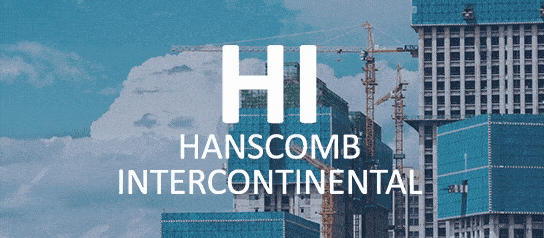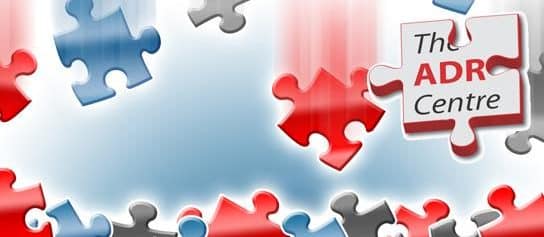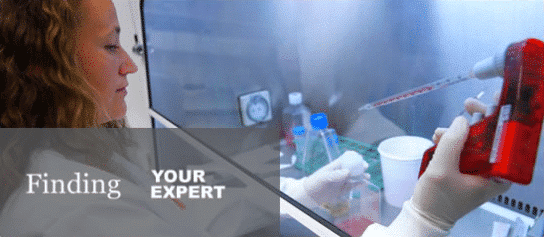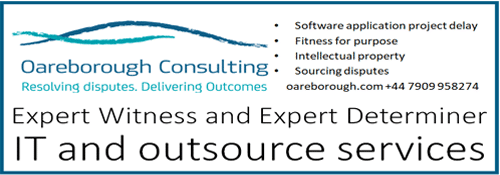It is necessary for the intended participants in any Mediation (including any Experts) to adequately prepare. From the Expert’s perspective important preparatory steps are likely to include:
- Understanding the type of Mediation which is planned and identifying and agreeing the role of the Expert in the Mediation; and
- Reviewing, and ensuring familiarity with, the documents and expert issues.
In addition, the Expert may be asked to assist those instructing them with their preparation.
The type of Mediation and the Role of the Expert in the Mediation
It is important for the Expert to have clear instructions as to the type of Mediation (i.e. whether it is facilitative or evaluative in nature), the anticipated process, the role of the Expert at the Mediation, including whether they will be required to be physically present, with whom they will communicate during the Mediation and what task(s) it is anticipated the Expert will be carrying out at the Mediation.
The Expert should agree, with those instructing them, in advance of the Mediation, whether their attendance at the Mediation is useful and/or necessary, and, if yes, the manner of any attendance. An important consideration will be the need to preserve the independence of any Expert who has been, or in the future may be, appointed as an Independent Expert Witness.
It is common for each party to have its own break-out room during the Mediation for private discussions (without the Mediator and the other party), although the Mediator may from time to time visit this room. It may not be sensible for the Expert to be present in private meetings involving just the party and their legal representatives. The parties and their representatives may explore matters (e.g. concessions, or compromises proposed by the other party) in the presence of the Expert which may impact on an Expert’s ability to fulfil their obligations as an Independent Expert Witness at a later date.
Experts may attend the Mediation by telephone only (or not at all), if Expert issues are limited in scope, or if Expert issues are not central to the dispute or to the nature of the settlement discussions, or where the dispute is relatively small in value. This limited involvement can help preserve the Expert’s independence and impartiality for any future, or ongoing, role as an Independent Expert Witness.
In advance of any Mediation, the Expert should ask what, if any, tasks the Expert will be required to carry out, as they will inevitably require preparation. Common tasks include:
The presentation of an oral synopsis of their Expert opinion at some point during the Mediation, whether during a session with the parties and the Mediator, or in sessions limited to the Expert’s party and the Mediator. As part of this process, the Expert may be required to prepare a written presentation that can be shared with both parties and the Mediator. Separate written Expert statements may assist the parties and the Mediator in identifying the key Expert issues, the areas of disagreement or differences in the Experts’ respective opinion/interpretation, and the consequences or effects of these disagreements or differences. If the Expert has been appointed, or may be appointed going forward, as an Independent Expert Witness, the Expert should prepare any oral or written presentation as if the Expert was subject to the overriding duty to the relevant Court or arbitration or other tribunal.
Participating in joint Expert meetings with the other party’s Expert, to identify matters which the Experts are able to agree and those matters which they are unable to agree. It is important to agree the parameters of any such meeting in advance, including whether the meeting will be without prejudice and whether the Experts will be expected to produce a joint statement identifying areas of agreement and disagreement which can be relied upon if the parties fail to settle the dispute (as would be the case with Court or arbitration or other tribunal joint Expert statements). Again, if the Expert has been appointed, or may be appointed going forward, as an Independent Expert Witness, the Expert should approach any such discussions and joint statement on the basis that the CPR, or similar, applies. If already appointed as an Independent Expert Witness, then the Expert will already be subject to the obligations imposed on such Experts. If not yet appointed as an Independent Expert Witness it is prudent to avoid acting in a way which may compromise the Expert’s ability to accept such an appointment going forward. It is not the role of Experts in Mediation to seek compromise by way of concessions (whether in the context of joint Experts’ meetings or otherwise). See Caveat Expert after 6.4.
Experts participating in private breakout meetings between their client and the Mediator should establish whether the Mediation is being conducted on the basis that the content of such conversations are, absent express indication to the contrary, confidential between the party and the Mediator, or whether, as in some cases, the content of the conversations are not confidential and can be passed on by the Mediator to the other party.
Possible pre-Mediation work an Expert may be asked to provide
Opinion: The Expert may be asked to provide the party instructing them with the Expert’s opinion as to the strengths and weakness of the case. Again, if the Expert has been appointed, or may be appointed going forward, as an Independent Expert Witness, the Expert should do so on the basis that the CPR, or similar, applies. Such an opinion, if produced in a way which can subsequently be disclosed, may also assist the Expert in subsequently establishing their independence. The Expert should understand the differences between the roles of adviser and Independent Expert Witness. If engaged to act as Expert Advisor at this stage, they will rarely be able to continue as an Independent Expert Witness subsequently.
Mediation statement: The Expert may be asked to prepare or provide input into a mediation statement, a written position statement provided to the Mediator and the other party for the purpose of the Mediation. Rather than having the Expert’s ‘content’ incorporated into a mediation statement, it may be preferable to provide a degree of separation by having a separate summary statement, or report, addressing the matters upon which the Expert offers independent opinion. If the Expert has been appointed, or may be appointed going forward, as an Independent Expert Witness, the Expert should ensure that their input does not stray into advocacy.
Knowledge gained during the Mediation
Broadly speaking there are two central aspects for an Expert to be aware of:
- Information gained by the Expert during the Mediation may be relevant to their opinion in the context of any ongoing or subsequent Court or tribunal proceedings. Depending upon the nature and relevance of the material, the Expert may not be able to ignore such material when preparing a written report or giving oral evidence. Where the information or material is subsequently disclosed by the relevant party in the proceedings, this may not give rise to any issues. But it is possible for information or material to be disclosed in a Mediation which does not fall into this category (e.g. previous professional opinions which are subject to privilege), but which, having been made aware of, causes an Expert to conclude they are not able to ignore the same. It is for this reason that it is particularly important that the Expert and the party appointing them agree in advance of the Mediation the Expert’s role in the Mediation and their likely role thereafter, assuming no settlement.
- Similarly, information or knowledge gained by the other party about the Expert, and about the Expert’s opinions, may be capable of being used by the other party for the purpose of challenging the Expert’s opinion and/or their independence in any subsequent proceedings.
Managing expectations of those instructing you
Managing the expectations of both the party appointing you and their legal team (if any) is an important aspect of an Expert’s role in the mediation process. Some parties will have more experience than others in the mediation process. Many, however, will not understand the role of an Expert, and in particular the duties which an Independent Expert Witness is under.
As a result, it is not uncommon for parties to have incorrect and unrealistic expectations. It is important that at all stages of the Mediation, the Expert establishes that the party and its representatives understand that the Expert will not do anything that compromises or impairs, or is likely to compromise or impair, any of the following:
- The Expert’s independence, impartiality, objectivity and integrity.
- Any applicable professional code of conduct.
- The good repute of the Expert, or of Experts, generally.
- The Expert’s proper standard of work.
- The Expert’s duty to maintain confidentiality.
- Where the Expert is appointed, or may be appointed, as an Independent Expert Witness, the Expert’s duty to the relevant Court or arbitral or other tribunal.
Experts can express professional opinions, but should be aware of the need to avoid straying into advocacy or negotiation and may need to explain to their client that their role will require them to be honest with the facts, whether or not these facts are adverse to the Expert’s client’s case and/or interests.
Conclusion: the importance of good preparation
Good preparation with your client and any legal representatives should help avoid the risks associated with participating in the Mediation process and should reduce the likelihood of professional and ethical issues arising.





